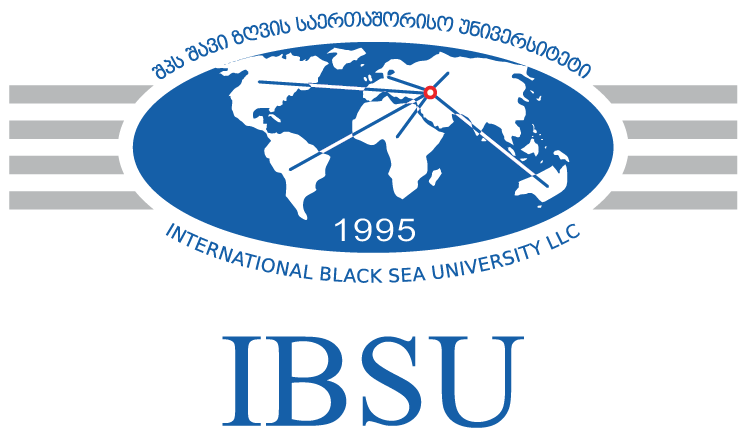Education Science (English-taught)
Program Description
The pivotal purpose of the program is to equip graduates with a multifaceted skill set: a profound understanding and practical application of education theories for problem-solving, effective communication with peers and society, and modern teaching and assessment techniques; proficiency in research, active participation in research, ongoing professional growth, and supervision of others; research endeavors using cutting-edge methodologies; developing a student-centered and humanistic approach; and the capacity to introduce evidence-based innovations and disseminate this knowledge within the educational sphere and beyond.
Admission
According to Georgian legislation, the candidate should have a Master’s degree or a degree equal to it.
Admission of International Students: https://ibsu.edu.ge/iro/home/
Educational Background
The program requires either a Bachelor’s or a Master’s degree in the Education / Psychology / Philology field, or a one-year 60-credit teacher-training certificate.
Working Experience
The candidates should have at least two years of experience in teaching or working in the education field.
Scientific/Research Background
The candidates should submit at least one published article in the scientific journal/ conference proceedings in the area of the studies. The article should be written in English.
Language Requirement
The candidate should have the C1 level in the English language according to the Common European Framework of Reference, which should be documented by the International Certificate (FCE (A grade), CAE, IELTS-7.0, TOEFL iBT-95, CERTUS, etc.) or by the Master’s Diploma (delivered in English); in the absence of such a Certificate, an internal university exam will be arranged.
Dissertation Proposal
The candidate is requested to submit a dissertation proposal, which aims to check the candidate’s research potential. The written dissertation proposal is evaluated by the Dissertation Field Board.
Assessment criteria for the dissertation proposal
1. Title: neither too narrow nor too wide; terms used adequately; sounds contemporary.
2. Significance and Novelty: the topic is contemporary and less studied; the potential of novelty and value is presented.
3. Theoretical and Practical Value: It presents how the research can impact the field.
4. Literature Review: presents main achievements and names; reference list includes at least 10 important titles.
5. Research Questions / Hypotheses are original and well-formulated.
6. Research Methods are adequate to the topic and well defined.
7. Academic and Clear Language
The 7 items are evaluated according to the following criteria: Acceptable- 3 points, Acceptable, but requires minor changes- 2 points, Acceptable, but requires major changes-1 point, Unacceptable – 0 points. The maximum point is 21. The candidate needs at least 11 points to be admitted to the interview.
Interview
The Dissertation Field Board interviews the candidate.
Interview / oral presentation: reveals a good knowledge of the topic, arguments for any point from the proposal.
The assessment criteria are:
- Excellent- 3 points
- Good- 2 points
- Satisfactory- 1 points
- Dissatisfactory- 0 points
The candidate who obtains at least 1 point from the oral interview will be admitted.
Career Opportunities
Graduates of the program can work in governmental and non-governmental educational organizations or be researchers in education science. Besides, they can work as lecturers or administration in higher education institutions.
Awarded Qualification: Doctor of Educatıon Scıence
Language of Instruction: English
Program Duration: 3 years (55 ECTS)
Tuition Fees: 6000 GEL
Tuition Fees For International students: 5900 USD, Scholarship Up to 1000 USD.
Contact
Head of the Program: Affil. Prof. Natela Doghonadze, nateladoghonadze@ibsu.edu.ge | Affil. Prof. Ekaterine Pipia, ekapipia@ibsu.edu.ge
Tel: (+995 32) 2 800 064
Room: A305








